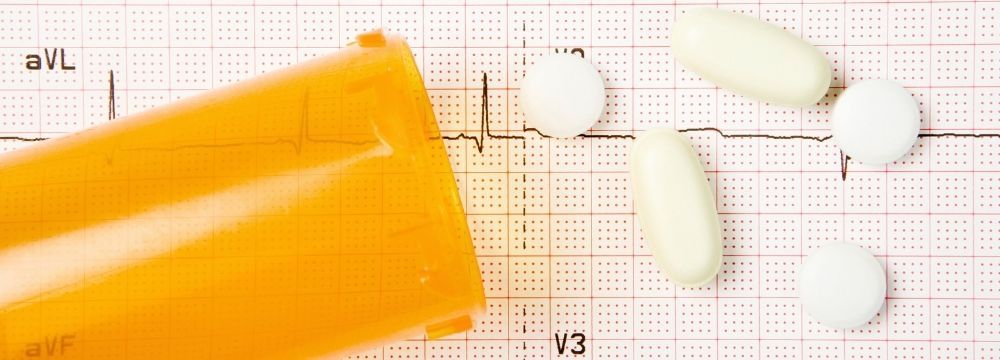Does Having an Atrial Fibrillation Ablation Mean I Will Be Off My Meds?
February 22, 2022

When patients come to our office complaining of symptoms from their atrial fibrillation or Afib, they are often desperate for relief and a solution. At best, a rapid heartbeat is concerning, but for some, episodes can be downright scary, putting them in the emergency room worried about a heart attack. Medication management is the first line of treatment for most, but only about 50% of patients tolerate these medications well. For the other 50%, drugs may become less effective over time, or the side effects of the medication may be unacceptable. These patients often look to have a cardiac catheter ablation to eliminate these side effects while benefiting from their arrhythmia’s potential improvement or resolution.
Setting Appropriate Expectations
Dr. Banker places a significant emphasis on proper patient selection. This means ensuring that patients are appropriate for a catheter ablation procedure. The success rate can be upwards of 80-85% in qualified patients with relatively few potential severe complications.
However, this does not mean that the other 15 to 20% are out of luck. Instead, many will see partial relief that requires ongoing medication management, albeit at a reduced dose or coming back for a second ablation, which is often just as straightforward as the first.
How Do You Improve the Odds of Success?
Ultimately, catching an arrhythmia and treating it at its earliest signs offers the patient their best chance of long-term success. However, lifestyle also plays into both the severity of the arrhythmia and the chances of improvement after treatment. Patients should be aware of the risks of arrhythmia, including smoking, significant alcohol consumption, excess weight and obesity, sedentary lifestyle, and many of the conditions to go along with it, including high cholesterol/hyperlipidemia, high blood pressure/hypertension, and diabetes.
For comprehensive care, please get in touch with Dr. Banker to schedule an appointment and start the diagnostic process to understand more about arrhythmias and treatment options for your situation.


